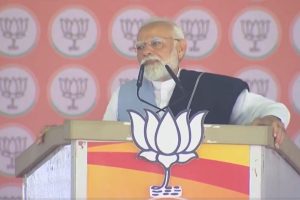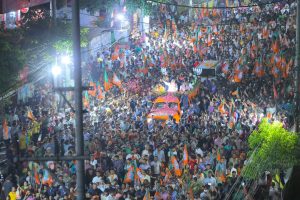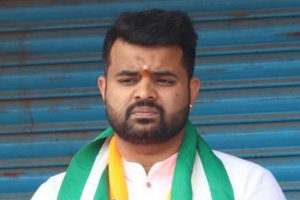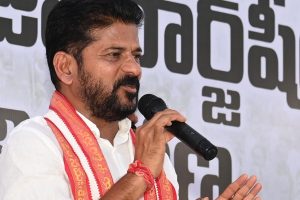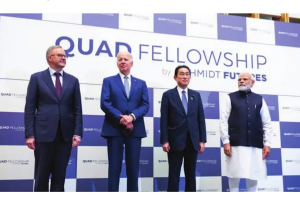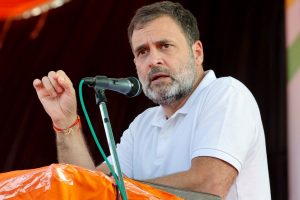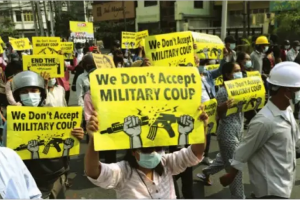Indian Metro Rail Organizations’ Society (I-Metro) organised a conference on “Unleashing the power of data: Advancing Metro Traffic Demand Forecasting”. The aim of the conference was to learn about the various approaches used for passenger demand forecasting around the world and to improve the accuracy of the process that is being used in India.
The conference was organised under the leadership of Manoj Joshi, Secretary (HUA), Ministry of Housing and Urban Affairs.
Dr. Vikas Kumar, Managing Director DMRC & Vice President and CEO I-Metro, Vinay Kumar Singh, Managing Director NCRTC & General Secretary I-Metro graced the event along with Managing Directors & Senior Officials of other metros of India, Academicians, Researchers, etc.
A total of 120 participants attended the conference which was held on Saturday. Eminent national and international speakers shared their insight on the topic making the conference very informative and setting the tone to adopt the cutting-edge technology in predicting the passenger demand more accurately.
Transport experts from UITP, SPA Delhi, IIIT Delhi & DMRC lent their expertise in the conference as session moderators ensuring that the event went through its course smoothly.
Such a conference gains utmost importance in the light of the fact that a rail-based Mass Rapid Transport System (MRTS) project involves huge financing and to make it sustainable for all stakeholders an accurate projection of estimated ridership becomes more desirable. Such accuracy in projections of future ridership is also essential for optimization in allocation of valuable resources.
The conference is seen not as an end but a beginning – a beginning that would make more accurate future ridership projection by member metros possible in days to come and also help the upcoming rail based MRT systems to judge their financial viability at the initial stages.
Such a beginning has laid a firm foundation for more such discussions and knowledge sharing sessions that will further empower the metro systems across India to design and operate successfully without being dependent on government subsidies.


